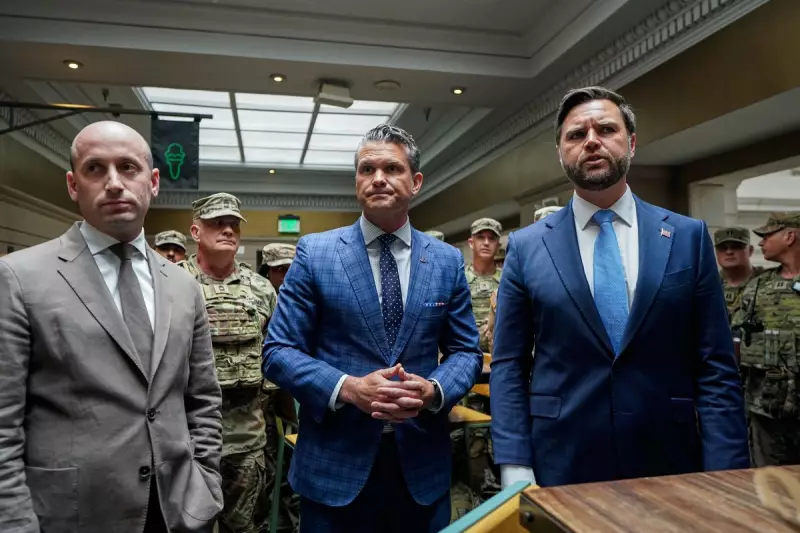
In a deeply controversial incident that has ignited fury across social media and political circles, members of the US National Guard were reportedly refused service at a Shake Shack outlet in Washington D.C. The event occurred after the troops had been deployed to secure the US Capitol building.
A Controversial Snub for America's Troops
The story, which first gained traction through outraged posts on platform X (formerly Twitter), alleges that soldiers were denied milkshakes at the fast-food chain. The news was swiftly amplified by prominent conservative figures, turning a local customer service issue into a national talking point.
Fox News personalities Pete Hegseth and Jesse Watters were among the first to blast the story to their vast audiences. The incident was framed not as an isolated mistake but as a deliberate act of disrespect towards the military.
Corporate Response and Damage Control
Facing an immediate and intense backlash, Shake Shack's corporate leadership moved quickly to contain the public relations disaster. The company issued a formal apology, vehemently denying that any refusal of service was a deliberate company policy or an act of malice against the National Guard.
In their statement, Shake Shack suggested the unfortunate event was likely the result of a grave miscommunication or an error by the store's staff, perhaps a misunderstanding of closing procedures or order availability. They emphasised their unwavering support for the military and first responders.
Political Firestorm and Reactions
The incident was immediately weaponised for political discourse. Republican Senator J.D. Vance of Ohio seized upon the story, using it to criticise what he perceives as a growing cultural disdain for law enforcement and the armed forces within certain segments of American society.
His comments, and those of other commentators, framed the Shake Shack episode as a symbolic moment, reflecting broader societal divisions and attitudes towards the men and women in uniform.
Beyond the Headlines: The Aftermath
While the company's apology aimed to quell the anger, the story underscores the potent power of social media to escalate local incidents into national scandals. It also highlights the intense scrutiny and immediate accountability faced by corporations in the digital age, where a single event at one franchise can trigger a widespread boycott campaign and inflict significant reputational damage.
The story serves as a stark case study in modern crisis management and the volatile intersection of politics, social media, and corporate branding.





